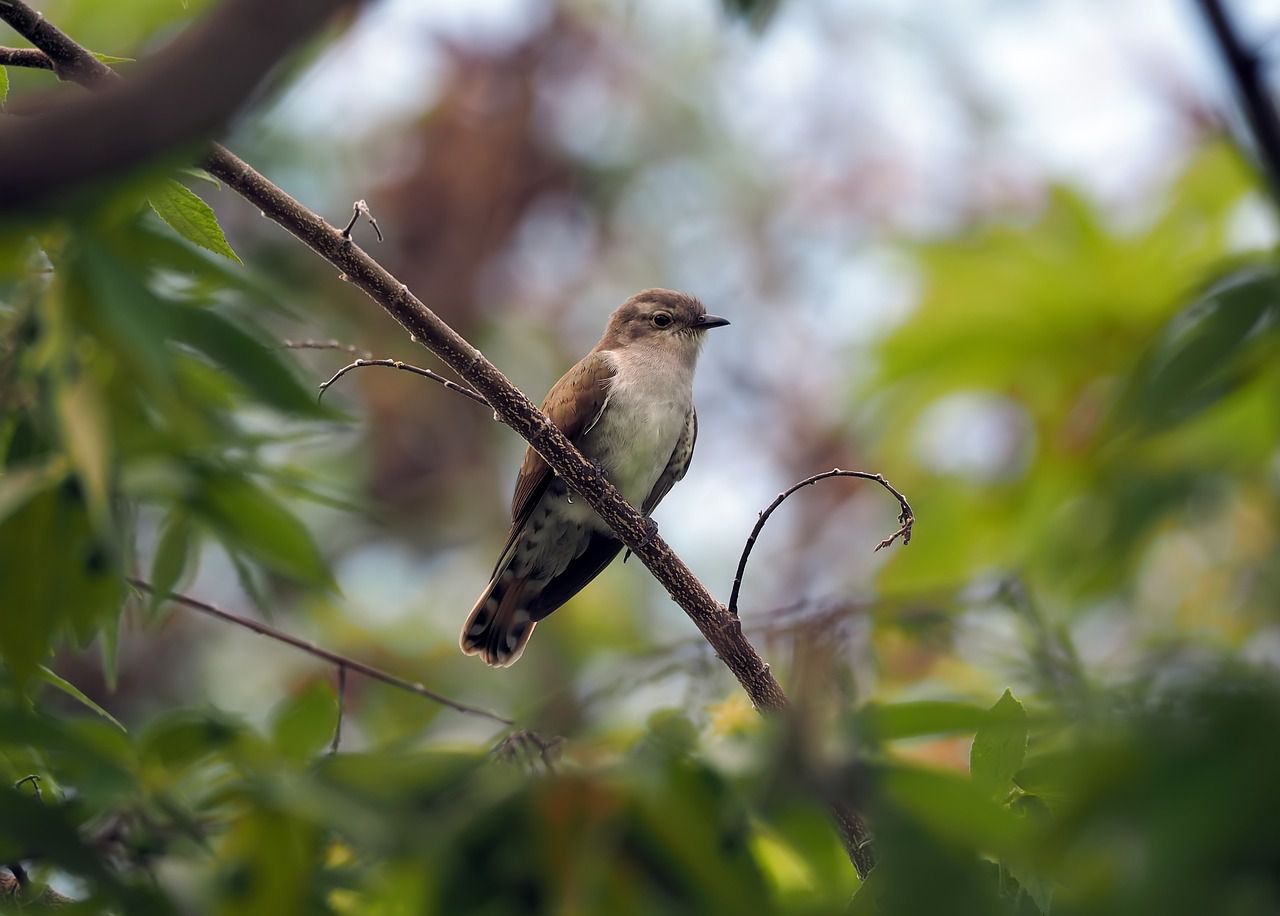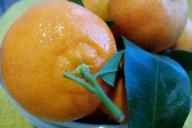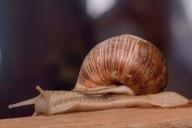While many bird species are known for their dedicated and attentive parenting behaviors, there are instances where certain bird species exhibit behaviors that could be considered inadequate or "bad" parenting.
These behaviors can vary based on factors such as survival strategies, environmental conditions, and specific characteristics of the species.
Here are a few examples of behaviors that might be considered as not ideal parenting in certain bird species.
Brood Parasitism
Some bird species, like the cuckoo, are notorious for practicing brood parasitism.
These birds lay their eggs in the nests of other bird species, tricking the host bird into raising their chicks.

The parasitic chicks often outcompete the host bird's own offspring for food and attention, leading to reduced survival rates for the host's chicks.
This behavior is seen as a form of exploitation rather than proper parenting.
Neglectful Parenting
In some cases, birds may display neglectful parenting behaviors, such as providing insufficient food or protection for their chicks.
This can result in poor chick survival rates and compromised fledgling success. Some birds may prioritize their own survival over that of their offspring.
Abandonment
Some birds may abandon their nests or chicks in response to disturbances, human interference, or changes in environmental conditions.
This can leave the young birds vulnerable and decrease their chances of survival.
Inadequate Nest Building
Birds that build poor-quality nests may inadvertently put their chicks at risk.
Nests that are structurally unsound or poorly insulated can expose chicks to harsh weather conditions and predators.









